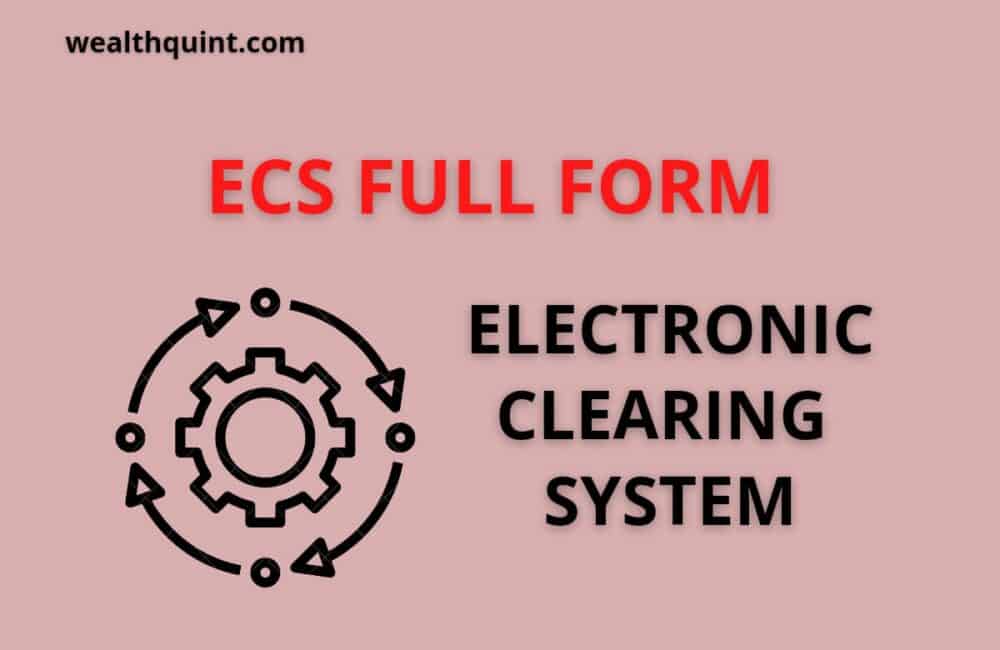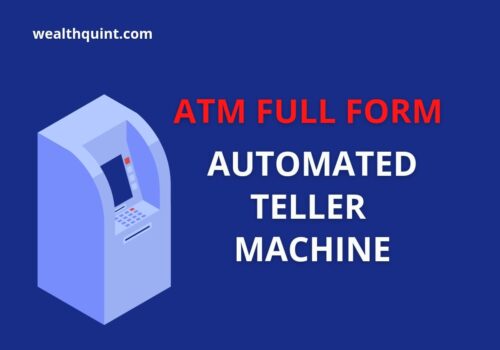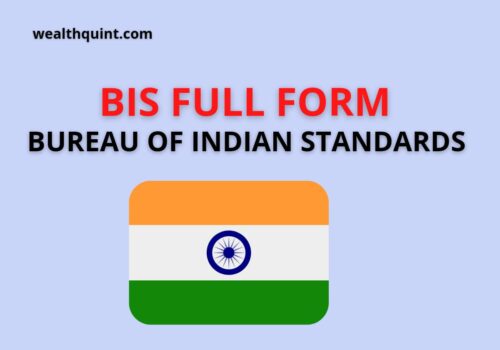The full form of ECS is Electronic Clearing System.
The Electronic Clearing System is an electronic method that allows transferring funds electronically from one bank account to another. It is used by institutions to make payments in bulk and also in huge amounts. This includes- dividends, interest, salaries, and pensions. It can also help in paying bills and various other expenses. Like the electricity bill, water bill recharges, even the monthly installment on loans, installments for mutual funds, insurance premium, etc. ECS also facilitates transactions that are handled through the National Automated Clearing House (NACH), run by the National Payments Corporation of India (NPCI).
Purpose Of ECS
The electronic clearing system seeks to offer consumers the ability to make bulk payments, which would be inconvenient if done in the traditional manner of presenting documents at the bank’s branch. It facilitates quick and safe financial transfers in cases when payments can be made in bulk or regularly.
ECS Types And Their Features
ECS consists of two main types- ECS Credit and ECS Debit.
1. ECS Credit
- The ECS Credit helps in affording credit for a wide range of recipients and is used by different financial institutions.
- It aids in the processing of payments such as interest, wages, dividends, and so on.
- ECS Credit allows users to pay for dividends, interest, salaries, pensions, and other distributions from their user institution.
2. ECS Debit
- The ECS Debit helps to make several debits to various bank accounts in exchange for single credit to the user’s account.
- It enables the user to collect payments from a variety of clients, whether they are one-time or recurring.
- ECS Debits helps in paying off telephonic bills, electricity bills, water bills, taxes, loan installment repayments, periodic mutual fund investments, insurance premiums, etc that are paid to the user institution regularly by a large number of consumers, etc.
Highlights And Working Of ECS
To conduct ECS (credit) you are required to provide the necessary information about the beneficiaries.
The information required consists:
- Account number
- Account name
- Bank name
- IFSC Code
- Branch name
- scheduled payment date, etc.
In a well-defined format. Then it’s also required that the banker approves the clearinghouse where such a bank is registered.
The bank in charge of an electronic clearing system will debit the user’s account and credit the amount to destination banks’ accounts, which will then transfer the funds to the beneficiaries’ bank accounts on the specified payment day.
A similar process is followed for ECS (debit) for getting payments in large amounts. Similarly, the banking information about the user’s clients must be submitted in the input file to the clearinghouse through the bank.
Advantages Of ECS
- It does away with the requirement to physically deposit papers and other instruments at the bank to make payments.
- You can always keep a check on your expenses and monitor debts, no matter where you are.
- You don’t need to worry about paper instruments like cheques being misplaced or abused.
- Also, it helps in paying by itself on the due dates as mentioned. Therefore you need not worry about the due dates of the bills.
- As it is on the digital platform, the whole process becomes convenient for the bankers as well.
- The financial transfer is rapid, and the beneficiary usually receives it the same day.
- The service provides a low-cost way to make large payments.
Disadvantages of ECS
- The electronic clearance system takes a long time to activate at first.
- For the settlement of a disagreement, there is no online grievance cell accessible.
ECS is a valuable tool for all business people on the digital platform as it allows them to have a lot of transactions to do during the day. It enables them to finish their payment procedure on time and at a low cost. The Reserve Bank of India (RBI) has deregulated the fees that sponsor banks to charge institutions.




